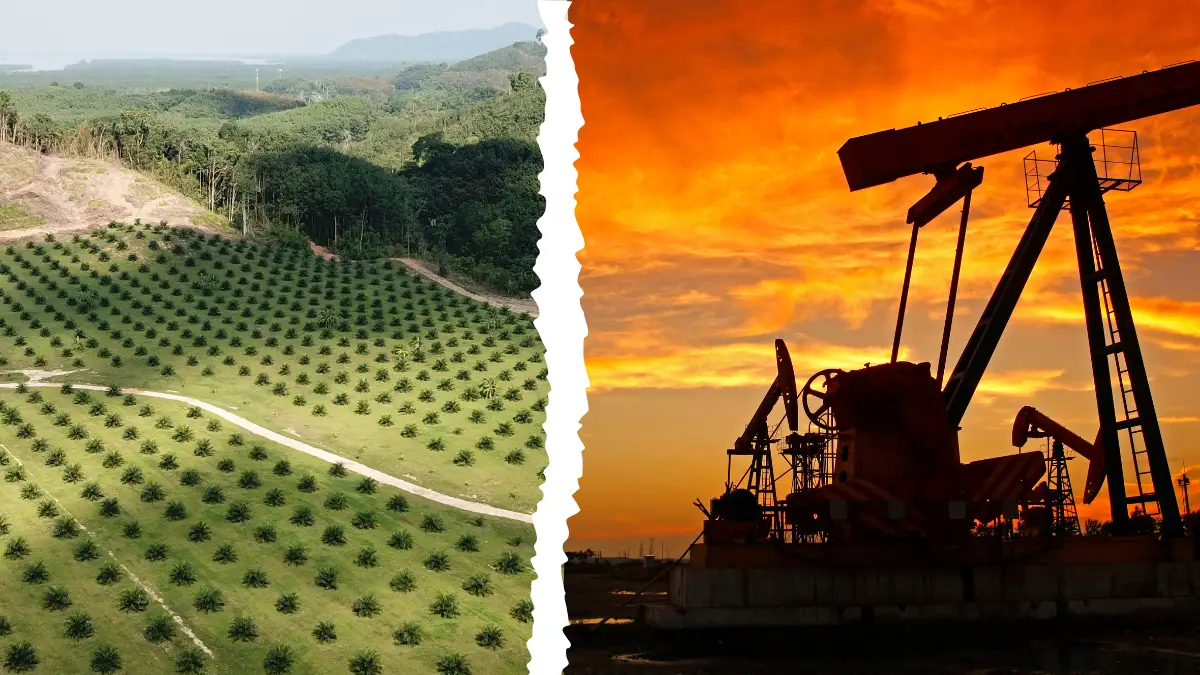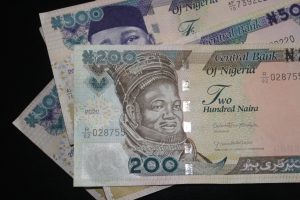Nigeria’s journey from a thriving agricultural economy to one deeply reliant on oil is a tale that many know, yet its implications are felt in every corner of the country. From the selling of cash crops like rubber, palm oil, and the like to mining and sales of crude oil. This shift has not just reshaped our economy but also altered our way of life, our environment, and our society.
Agriculture wasn’t just a source of income, it was a way of life for Nigerians. Agriculture once served as the heartbeat of Nigeria’s economy, but the discovery of oil changed everything. Today, we reflect on this transformation, the successes and struggles it brought, and what it means for our future.
Agricultural Roots (Pre-1960s)
Before the oil boom, Nigeria was known as an agricultural powerhouse. Our lands were fertile, and our people were industrious, cultivating crops like rubber from Delta State in the south-south region; groundnut, hide, and skin produced by the northern region; cocoa and coffee from the western region; and palm oil and kernels from the eastern region of the country. These weren’t just for local consumption; they were major exports that brought in foreign exchange and supported the economy.
Agriculture was the mainstay, employing most Nigerians and contributing significantly to the GDP. It wasn’t just about farming; it was about livelihoods, community, and sustenance. The revenue from these agricultural exports fueled development, building infrastructure and schools, and positioning Nigeria as a leader on the African continent.

Discovery of Oil and the Shift Begins (1960s-1970s)
Everything changed in 1956 when oil was discovered in Oloibiri, a small town in present-day Bayelsa State. The discovery of crude oil in Nigeria is a mixed blessing. This discovery marked the beginning of Nigeria’s oil age. As exploration expanded, the country’s focus began to shift. By the 1960s and 1970s, oil became the new gold, and the revenue it generated was unlike anything the nation had seen before.
With oil money flowing in, there was rapid development—roads, schools, hospitals—everything seemed possible. But as we embraced this new wealth, agriculture slowly started to lose its place in the economy. Resources and attention shifted towards the oil sector, and the farms that once fed the nation and the world began to be neglected.
Petroleum Dominance (1980s-1990s)
By the 1980s, Nigeria had fully embraced its new identity as an oil-rich nation. But with this new identity came vulnerabilities. The global oil price shocks of the 1980s and 1990s hit Nigeria hard, exposing just how dangerous it is to rely on a single commodity. As oil prices dropped, so did Nigeria’s economic fortunes. The agricultural sector, which had been the backbone of the economy, was now in decline. Farmlands were left uncultivated as people moved to cities in search of oil-related jobs. The focus on oil drained resources and talent from agriculture, leading to a brain drain and a loss of agricultural productivity. This was a period of great change, but not all of it was positive.
Consequences of the Shift
The shift from agriculture to oil has had deep and lasting consequences for Nigeria. Economically, we became too dependent on oil, and this made us vulnerable to the volatility of the global oil market. When oil prices fell, our economy suffered, leading to recessions and hardships for many Nigerians. Environmentally, the consequences have been devastating, particularly in the Niger Delta, where oil spills and gas flaring have destroyed ecosystems and displaced communities. Rivers that once provided fish are now contaminated, and fertile lands have turned into wastelands.
The social impacts have been equally significant. As people left rural areas for cities, hoping to benefit from the oil economy, urban areas became overcrowded, and unemployment and poverty increased. This also gave room for insurgent activities like oil bunkering and self-manufacturing of petroleum products which were harmful to users. There were incidents of kerosine explosions which killed and injured victims. The neglect of agriculture meant that many rural areas were left underdeveloped, widening the gap between urban and rural Nigeria.
Attempts to Revive Agriculture (2000s-present)
In recent years, there has been a growing realization that relying solely on oil is not sustainable. Past and present governments have tried to revive agriculture, seeing it as key to diversifying the economy. Programs like the Agricultural Transformation Agenda (ATA) and the Anchor Borrowers’ Program were introduced to encourage investment in agriculture and boost local food production. These initiatives aim to make farming attractive again, especially for the younger generation. However, the road to recovery is not easy.
Challenges like inadequate funding, poor infrastructure, and limited market access continue to hinder progress. Farmers still struggle to get their produce to market, and many lack the resources they need to modernize their practices. The constant increase in the price of petroleum products often affects the price of agricultural products. Yet, there is hope. With the right support and investment, agriculture can once again become a vital part of Nigeria’s economy.
Some Solutions to the Effect of the Shift
The neglect of the agricultural sector has led to reduced food production, increased unemployment, and environmental degradation, particularly in oil-producing regions. However, all is not lost. The current challenges present an opportunity to rethink our approach and put agriculture back at the forefront of our economic strategy. To do this, we must address the issues head-on and implement practical solutions that can revitalize our agricultural sector while maintaining the benefits of our petroleum industry.
Here are some actionable steps that can help Nigeria navigate this shift more effectively:
Diversify the Economy
- Support Farming Investment: We need to go back to our roots and invest heavily in agriculture. The government and private sector should team up to fund modern farming practices—things like better machinery, quality seeds, and irrigation systems. This will help our farmers produce more and reduce our over-dependence on oil.
- Develop Other Sectors: Agriculture shouldn’t be the only focus. We should also look at industries like technology, manufacturing, and tourism. Building up these sectors will help balance our economy and create more job opportunities.
Promote Sustainable Practices
- Clean-Up Oil Spills: The damage caused by oil spills, especially in the Niger Delta, has been severe. It’s high time the government and oil companies come together to clean up the mess and restore the land.
- Encourage Eco-Friendly Farming: We should promote organic farming and planting trees alongside crops (agroforestry). These methods are good for the environment and will help keep our soil healthy.
Conclusion
Nigeria’s shift from agriculture to oil has been a double-edged sword. While the discovery of oil brought wealth and development, it also introduced challenges that continue to affect us today. The ongoing efforts to revive agriculture are a testament to the importance of economic diversification. We have learned valuable lessons from our past, and as we look to the future, it’s clear that we must find a balance between our natural resources and our human potential. Agriculture, oil, and other sectors must work together to build a sustainable and prosperous Nigeria.








